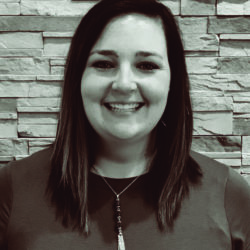Calm down!
At some point in your life, someone has shouted those words at you. Perhaps you were anxious, angry, or just a bit rambunctious … but some other person snapped those two words in a demand for you to instantly change your mood.
Did it work? I doubt it. In fact, demanding that someone who is in some kind of stress “Calm down!” generally has the opposite effect. It boosts their anxiety or anger.
If you’re a teacher or or now teaching your children through e-learning, you probably find yourself wanting to snap “Settle down!” now and again. When youngsters are acting up or a stressed child is melting down, you’d do anything to stop the behavior so you could regain control of the situation. Trust me when I say, never in the history of calm has anyone ever calmed down because they were told to calm down.
So if “Calm down!” doesn’t work, what will? First, understanding that what you see as simple misbehavior or an overreaction may actually be a symptom of something more serious. For example, the National Institute of Mental Health reports that a quarter of kids between ages 13 and 18 have a diagnosable anxiety disorder. And anxiety has detrimental effect on learning. When the brain is an anxious state, its “working memory” becomes less active, so students may not comprehend or remember lessons. Corona has only added to this level of stress our kids feel.
When kids appear to be overwhelmed by a project or their learning plan, try breaking it down into smaller tasks. Kids will still do everything associated with the project, but focusing on a step at a time can make it seem less overwhelming. Another effective technique is offering some kind of distraction that pulls the brain away from the anxiety-causing solution just long enough to bring the brain into equilibrium. Small assignments, short games, or brief physical activity are ways to reset the brain.
Would you or your staff benefit from a better understanding of how anxiety may be affecting your kids and how simple strategies like those described here can help? Contact us today.

Brittany Smith is one of Care to Change’s professional counselors. She focuses on helping young children and teens who have faced challenges find the guidance and support needed to become healthy adults.